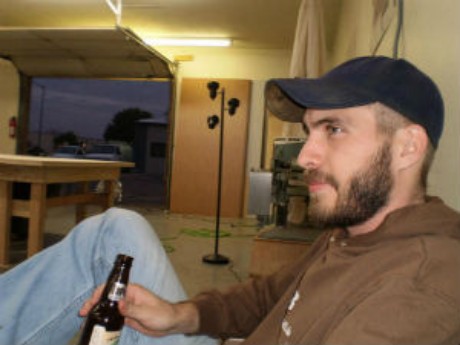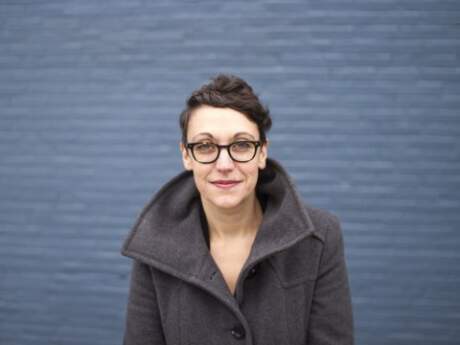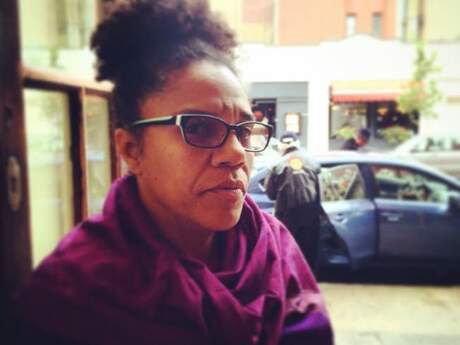New American Poets
New American Poets: Michael Flatt

Introduction to the work of Michael Flatt
J. Michael Martinez
There is courage to err and to forgive. There is courage to inhabit the flesh, to inhabit the body, not as a pose or in false sensuality, but in the uneven integrity that is our human event. The poetry of Michael Flatt finds its beauty in those uneven, flawed edges we refuse: the limits of our human experience where we exhibit our own failures, those margins of the crafted poem we cut because they expose the vulnerability of both line and self.
When I read Michael Flatt, I experience the poem I wish I had the courage to write: to admit, in both irony and authenticity, these corruptions brutal beyond polite boundaries. His work excavates those spaces of joy that can only occur after the damage. His work is like the night a lover confesses betrayal and, exposed, is wretched in their weakness; however, the power of his work isn't in aestheticized confession, Michael Flatt's genius is his ability to unlock the aesthetic and recover, in these events of rot and persecution, the grace love possesses to forgive the dark.
The work is gorgeous in its intelligence and surreal sways. However, you will not find a quaint and easy surrealism in his lyric, nor will you find an aesthetic preening and puffing itself up on its ironic intelligence. You will find exquisite flowers in violence; you will find the work of everyday courage. You will find the bruise. And, there, in the human dark, you will find love bearing itself forward to begin promise again.
I can only say, this is the species of poetry we desperately need today.
Statement
Michael Flatt
James Belflower recently said to me—after seeing a poet speak about love poems with solicitudes like, "We all feel this way, right?"—"I believe in radical difference." The phrase has stuck with me. It is the poet's job to provide a linguistic frame for truly individual experience. If your art could be used in a commercial for laundry detergent or a hybrid car, it needs to be rethought. (Sorry, indie rock.) The experience one seeks through an engagement with art is not to be put in a group (see Amy King's recent article "Beauty and the Beastly Po-Biz"), but to be remade: to grow a new horn in a place where no one else has one.
***
Bataille made the argument (crudely paraphrased here by me) that artists and thinkers are inherently guilty of being social leeches. The attraction to the idea is clear enough: crust punks proclaim themselves the scum of the earth too. But I don't think this holds true for most of us, who keep stable jobs (or would like to) to give ourselves the opportunity to write and create. There is no necessary division between artists and those who don't identify as artists any more than there is a necessary division between people who join softball leagues and those who don't.
***
I often think of my poems in terms of balancing binaries. In trying to balance certain scales—authentic vs. ironic, subtlety vs. directness, aggression vs. vulnerability—I'm seeking an emotional complexity that might reflect, inform, or intensify that of daily experience. In this way, poems have the capacity to stylistically communicate the myriad forms of persuasion present in our lives, as well as our options in responding to them.
***
I've begun to think of many poems, "This doesn't have enough blood." I don't mean blood imagery, but contexts and themes in which blood is relevant. One thinks immediately of violence, but blood shows up in our lives in many contexts that are not (necessarily) violent: drug use, birth, athletics, manual labor, menstruation, doctor's visits, etc. etc. The communication of experiences in which barriers are broken is one of poetry's most crucial roles for me.
***
The goal is also to disturb the illusion of a cogent through-line. What happens to A to B when you replace the "to" with the prey a marsh hawk drops to his mate for her to catch in mid-air?


